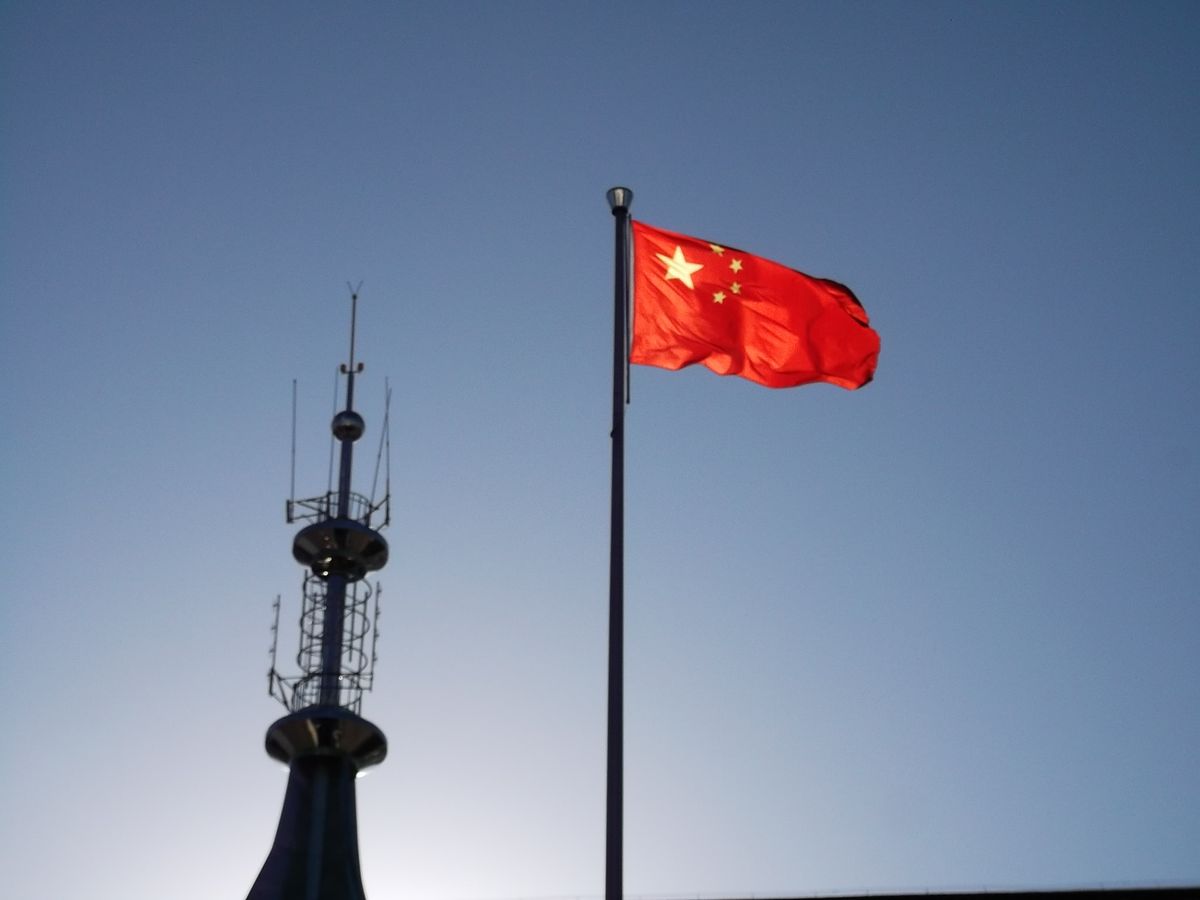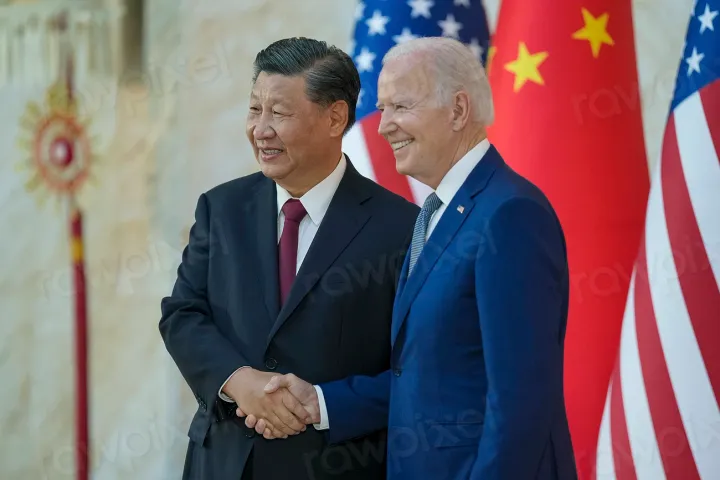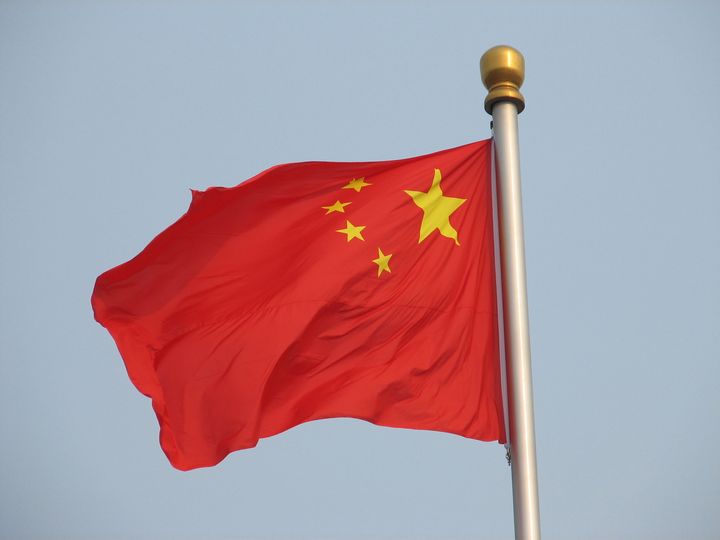China Poses Threat to U.S. National Security, Top Intelligence Official

Chinese Communist Party (CCP) remains the "most consequential threat" to U.S. national security, U.S. intelligence leaders told lawmakers on Wednesday’s hearing, CBS reported.
Director of National Intelligence, Avril Haines, testified before the Senate Intelligence Committee that Xi Jinping has assembled a group of like-minded loyalists at the highest level of the Party Standing Committee and is striving to strengthen China's position as a dominant regional and global power with belief that “it can only do so at the expense of U.S. power and influence.”
"In brief, the CCP represents both the leading and most consequential threat to U.S. national security and leadership globally, and its intelligence-specific ambitions and capabilities make it for us our most serious and consequential intelligence rival,” she said at the annual hearing on worldwide threats.
The hearing comes amid the ongoing National People's Congress where Xi Jinping will secure his third five-year term of the presidency on Friday.
“As Xi begins his third term as China’s leader, the CCP will work to press Taiwan on unification, undercut U.S. influence, drive wedges between Washington and its partners, and foster some norms that favor its authoritarian system. At the same time, China’s leaders probably will seek opportunities to reduce tensions with Washington when they believe it suits their interests,” says an unclassified report released by the Office of the Director of National Intelligence.
CIA Director William Burns, FBI Director Christopher Wray, and National Security Agency Director Gen. Paul Nakasone also testified at the same hearing.
According to officials, Beijing has strengthened its relationship with Moscow while also becoming increasingly uneasy about providing significant support to Russia in its ongoing war with Ukraine.
U.S. top officials have repeatedly warned Beijing not to provide weapons to Russia, or else there would be consequences. China has denied allegations of supporting the Kremlin with “lethal aid” and accused the U.S. of spreading misinformation.
Over the past few weeks, the relationship between the United States and China has strained due to concerns over spy balloons, China's stance on Taiwan, and its support for Russia in the conflict with Ukraine.
Now TikTok has emerged once again as a national security issue once Senate Intelligence Committee Chairman Mark Warner and South Dakota Republican Sen. John Thune unveiled the RESTRICT Act that allows President Biden to ban TikTok and other foreign-based technologies nationwide.
FBI director Christopher Wray said in December that the Chinese government can control TikTok’s recommendation algorithm, enabling the platform to potentially manipulate content and “use it for influence operations”.
TikTok Chief Executive Shou Zi Chew will testify in front of Congress on March 23



